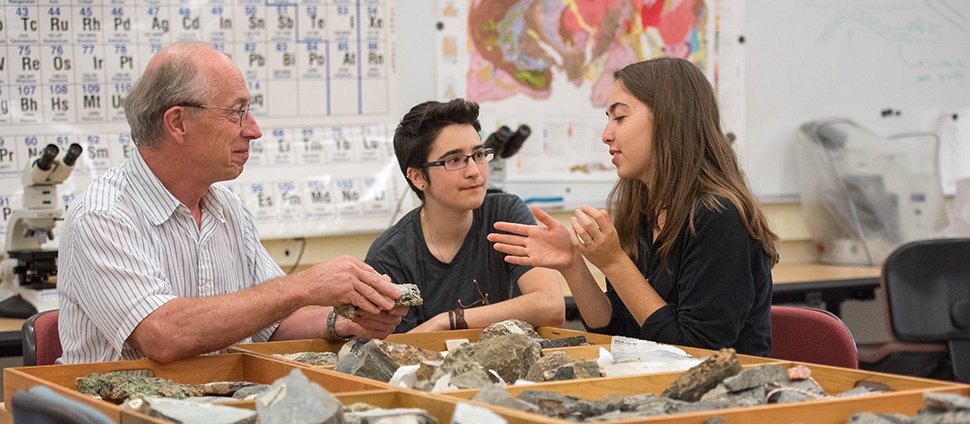Document Type
Article
Publication Date
11-30-2004
Publication Title
Marine Ecology Progress Series
Abstract
Over recent decades, coral reefs worldwide have experienced severe sea-surface temperature (SST) anomalies. Associated with an El Niño-Southern Oscillation (ENSO) event of 1997-1998, nearly 100% mortality of the space-dominated coral Agaricia tenuifolia was reported at several shelf lagoonal sites of the Belize barrier reef system; a less abundant congener, A. agaricites, had lower mortality rates. We assessed A. agaricites and A. tenuifolia populations at coral reef ridges in the south-central sector of the Belize shelf lagoon and forereef sites to document recovery following the 1998 ENSO event and subsequent passage of Hurricane Mitch. To investigate the difference in heat stress tolerance between the 2 species, heat shock protein (HSP) expression was examined in the laboratory under ambient (28˚C) and elevated (+6˚C) temperatures. Populations of A. agaricites and A. tenuifolia surveyed at forereefs sites in 1999 showed after effects from the 2 disturbances (partial colony mortality was ~23 and 30% for A.agaricites and A. tenuifolia, respectively), but partial mortality declined by 2001. At reef ridge sites, A. tenuifolia exhibited 75 to 95% partial colony mortality in 1999 compared to 18% in the less abundant A. agaricites. We measured a significant increase in percentage live cover at ridge sites for both Agaricia species from 1999 to 2001, except at Tunicate Ridge; at this site, which has restricted water flow, live A. tenuifolia cover remained low (~10%) 3.5.yr after the 1998 warming event, due in part to high sponge cover (>75%). Immunoblotting results indicate that A. agaricites had twice as much HSC 70 (16.9 µg cm-2) as A. tenuifolia (8.7 µg cm-2) at ambient temperatures and 6x as much under the +6˚C treatment. In addition to the inducible response by A. agaricites, this species expressed HSP 90, whereas A. tenuifolia did not. The distinctive patterns of population recovery and HSP expression suggest that A. tenuifolia has a lesser ability to produce HSPs for protection against environmental stress than A. agaricites. Such differences in resilience to large-scale environmental disturbances such as intermittent ENSO episodes may drive a dramatic change in coral species abundance patterns.
Keywords
Agaricia, Coral reefs, ENSO episodes, Heat shock proteins, Population dynamics
Volume
283
First Page
151
Last Page
160
Rights
© Inter-Research 2004
Version
Version of Record
Recommended Citation
Robbart, Martha L.; Peckol, Paulette M.; Scordilis, Stylianos P.; Curran, H. Allen; and Brown-Saracino, Jocelyn, "Population Recovery and Differential Heat Shock Protein Expression for the Corals Agaricia agaricites and A. tenuifolia in Belize" (2004). Geosciences: Faculty Publications, Smith College, Northampton, MA.
https://scholarworks.smith.edu/geo_facpubs/69


